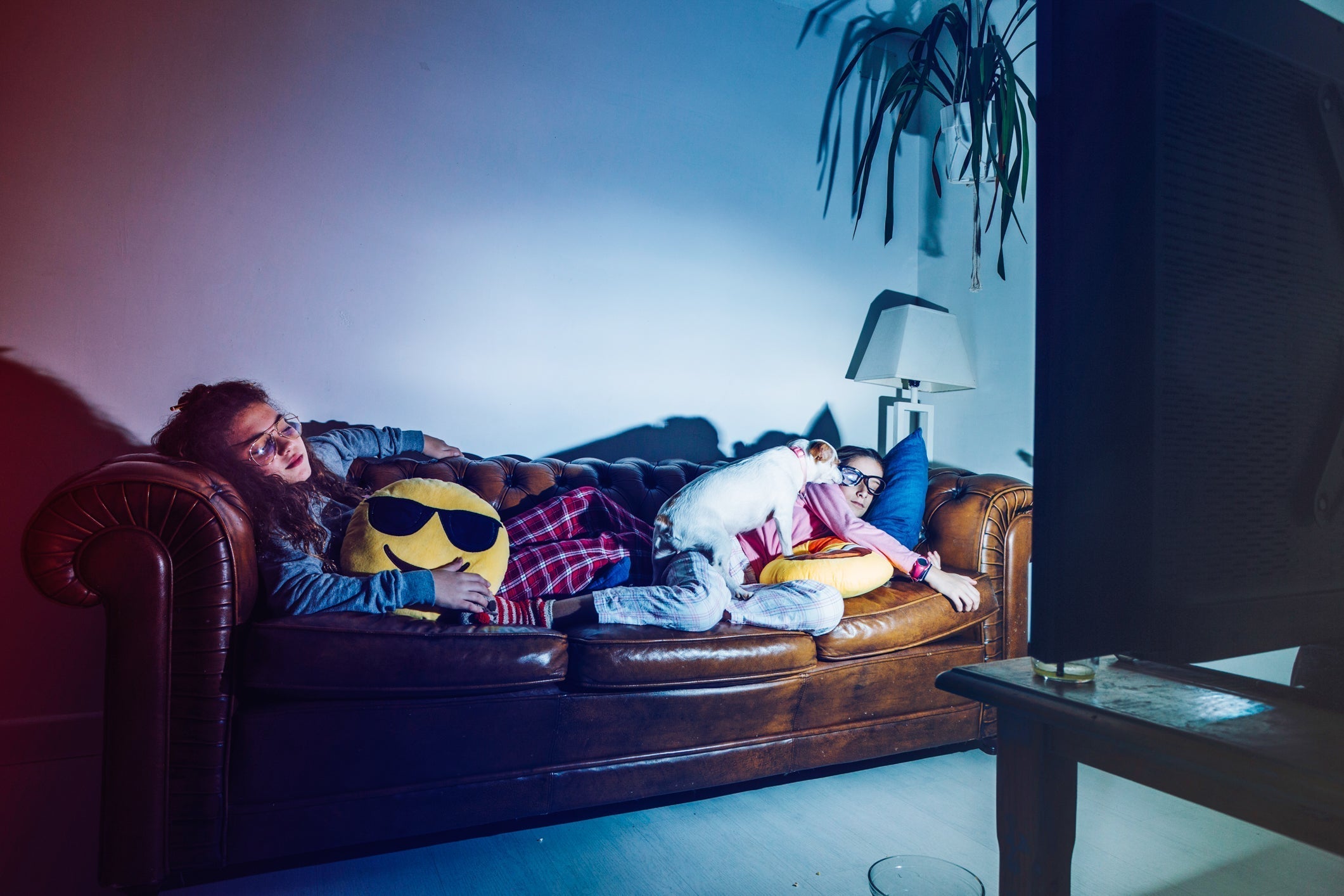
Our internal biological clock naturally recognizes day and night light, according to which the hormone melatonin is produced in the body, which helps us fall asleep and the overall quality of sleep. In addition to impaired productivity, fatigue and depression, its deficiency can have an effect on faster aging or the formation of cancer. In recent years, the term blue light has appeared as one of the most common denominators of impaired sleep quality. Is it really that bad?
Research is racing to verify whether blue light has negative effects on our sleep. So far, they mainly agree on the fact that its intensity and duration of action before bedtime are important . A clock with a reader at least three hours before bed will not reduce the quality of our sleep. However, if we watch TV for three hours, and just before going to sleep, or even fall asleep watching it, it will have a significant effect on the quality and length of sleep . This problem is most evident in the younger generation , which is exposed to the continuous use of modern technologies.
All blue light is not bad
Blue light is part of natural daylight and can also have the tones we are used to when it gets dark. It is not a given that every blue light is harmful to us. Its intensity is important . Therefore, in recent years, manufacturers of televisions, mobile phones and computers have focused on improving the so-called Night Shift (night mode), which should suppress its intensity. There is no need to download or set anything specially, these devices have the so-called night mode automatically and you just need to enable them in the settings. However, if you're a fan of apps, you'll find plenty of them to download for free . Thanks to them, the brightness and colors of the monitor will be adjusted automatically according to the time. We can recommend, for example, f.lux.
But beware, blue light does not only come from electronics, but also from LED lighting . In this case, it is a good idea to get lights that can be changed in color and brightness.
The use of orange-tinted glasses, which block the chronobiologically most effective blue part of the color spectrum, is also being investigated. The available research shows that wearing them for three hours before bedtime had a significant effect on the subjective quality of sleep observed. Different variants of Screen Glasses block up to 100% of blue light.
The brain is unable to shut down
Other scientists, on the other hand, state that it is not so much the blue light coming from mobile phones, tablets or screens that is bad for us, but the fact that we are constantly engaging the brain when using these devices . It is then not able to just turn off when we put the phone down and lie down in bed. Our brain needs to calm down before sleeping . That is why the Ten Principles of Sleep Hygiene recommends not discussing important topics or things that upset us before going to bed. Ideally, we should go for a short walk to give ourselves and our head peace.
Herbs such as lemon balm, passionflower or valerian can also help you calm down and sleep better. All these ingredients are included in the natural supplement Mindflow Sleep .


